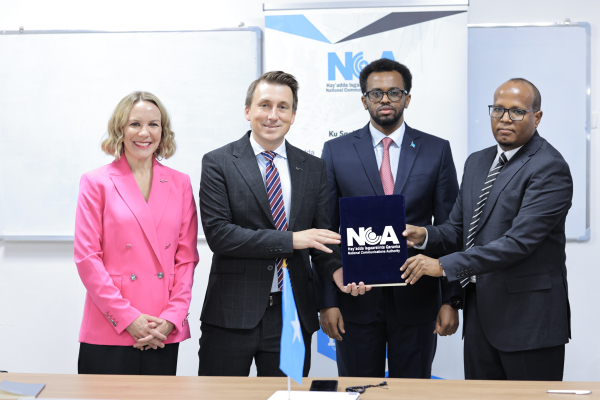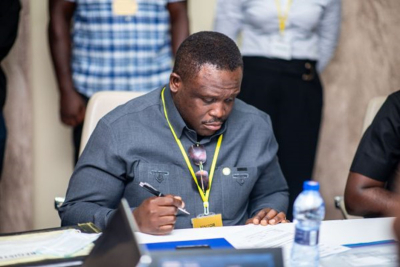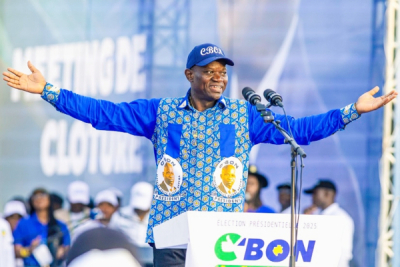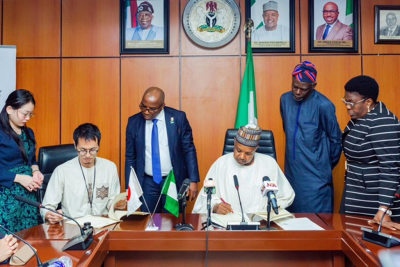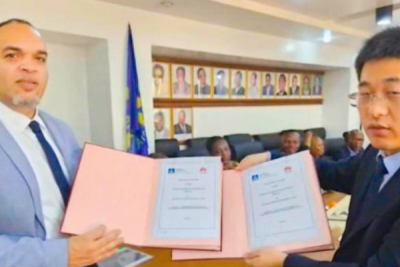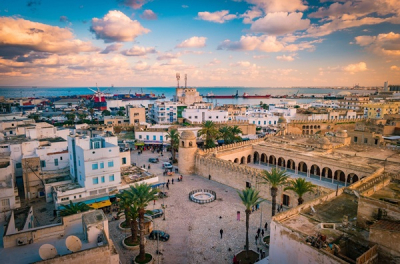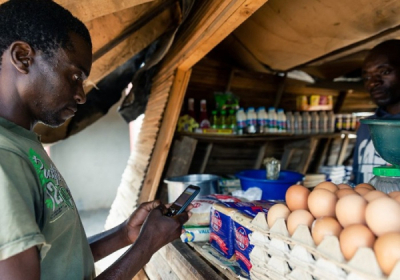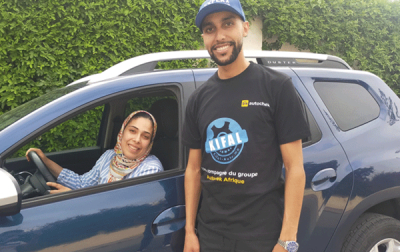- Somalia grants operating license to Starlink to expand internet access
- Service aims to improve rural connectivity using low-Earth orbit satellites
Somalia's National Communications Authority (NCA) announced Sunday it has granted an operating license to Starlink, the satellite internet service owned by Elon Musk's SpaceX, aiming to expand internet access, particularly in underserved rural areas.
The NCA believes Starlink's entry will significantly improve connectivity across the country.
"Starlink's entry into Somalia represents a significant milestone in our efforts to bridge the digital divide," said Mustafa Yasin Sheikh, Director General of the NCA, during the license signing ceremony. "This partnership will especially benefit individuals and institutions in rural areas, where internet access has been extremely limited."
Starlink uses a network of low-Earth orbit satellites to deliver internet services, a technology aligned with the GSM Association's (GSMA) recommendations for achieving universal connectivity in sub-Saharan Africa. The GSMA notes that the region's challenging terrain, including rainforests, deserts, and mountains, hinders the deployment of traditional terrestrial networks. "Even in rural and sparsely populated areas, the cost and complexity of deploying traditional mobile or wired networks reinforce the need for alternative connectivity solutions," the GSMA said.
According to the International Telecommunication Union (ITU), nearly half of Somalia's approximately 18.4 million people lacked 4G network coverage in 2023. While 3G and 2G technologies reached 80% and 90% of the population, respectively, the country's overall internet penetration rate stood at only 27.6%.
The potential impact of Starlink on Somalia's digital divide hinges on its affordability. Although specific Somali pricing has not been disclosed, neighboring Kenya offers a potential benchmark: a standard monthly subscription costs 6,500 Kenyan shillings (roughly $50), with a connection kit priced at 49,900 shillings.
If Somalia's pricing mirrors Kenya's, the service could be prohibitively expensive for many Somalis. The $50 monthly fee exceeds Somalia's monthly gross national income (GNI) per capita, estimated at $49.1 by the World Bank. The ITU recommends that monthly internet service expenditures should not exceed 2% of GNI per capita. Currently, Somalis spend an average of 5.3% of per capita GNI on mobile voice and internet services, and up to 80% for fixed internet.
By Isaac K. Kassouwi,
Editing by Sèna D. B. de Sodji


